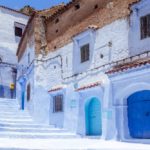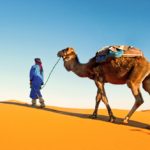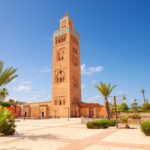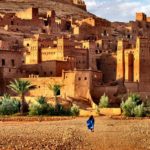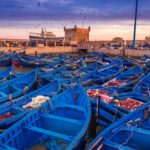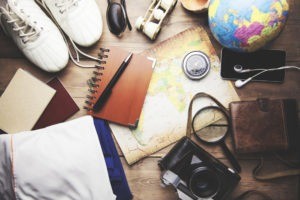 Currency
Currency
The currency used in Morocco is Moroccan Dirhams, known as MAD or DHS. Certainly, this is one IMP question in the list of FAQ for your planned Morocco Tours in 2020.
The conversion rate is around 10 Dirhams to every 1 Euro. The Moroccan Dirham is a closed currency meaning you can only obtain it in Morocco. If you are taking the ferry from Spain you can obtain it at currency converting offices near the border, close to the ferries, as well as once you arrive in Morocco you can use the ATM or go to an exchange office, there are many.
Travel Insurance
This is up to you.
Travel insurance benefits: trip cancellations and interruptions, lost baggage or personal belongings, compensation for medical expenses should any emergencies or unexpected situations occur and emergency medical evacuation in case any emergency happens.
Here are some recommended travel insurance companies if you are curious or wish to obtain insurance for your trip:
Travel Insured
Travelex
Travelsafe
Allianz
Worldnomads
City Taxes
Morocco imposes city taxes on accommodation; it is included within our tours.
Passport/Customs/Visas
Passports are required for private morocco tours. Every non-Moroccan visitor to Morocco requires a current passport, valid for at least 6 months from the date of entry and with a minimum of two blank pages. Children traveling on a parent’s passport must have a recent photograph affixed to the passport; if this isn’t done, the whole family is at risk of being denied entry. All visitors are given a 90-day entry upon arrival.
The following countries do not need visas for entering Morocco:
Algeria – Andorra – Argentina – Australia – Austria – Bahrain – Belgium – Brazil – Bulgaria – Canada – Chile – China – Republic of Congo – Croatia – Cyprus – Czech Republic – Denmark – Estonia – Finland – France – Germany – Great Britain – Greece – Guinea (Conakry) – Hong Kong – Hungary – Iceland – Indonesia – Ireland – Italy – Ivory Coast – Japan – Kuwait – Latvia – Liechtenstein – Lithuania – Luxemburg – Mali – Malta – Mexico – Monaco – Netherlands – New Zealand – Niger – Norway – Oman – Peru – Philippines -Poland – Portugal – Puerto Rico – Qatar – Romania – Saudi Arabia – Senegal – Singapore (Singaporean nationals may stay up to one month without visa) – Slovakia – Slovenia – South Korea – Spain – Sweden – Switzerland – Tunisia – Turkey – United Arab Emirates – United States of America – Venezuela.
Telephone/Internet
The electricity voltage in Morocco is 220 V, 50 Hz. There is Wifi in most Riads and some coffee shops/restaurants. If your phone is unlocked and you would like to use a local Internet company you can obtain a sim once here and have unlimited Internet and calling within country.
Language
Although it is commonly thought that the common language in Morocco is Arabic, it is the dialect Darijah that is spoken. Students learn Darijah, French, Arabic and English in school and acquire Spanish through tourism or personal learning.
Weather/Time Zone/Holidays
Well, it is another pretty vital Morocco Tours FAQ. Morocco is in the same time zone as the U.K. (UTC / GMT). Moroccan Summer Time begins in May and continues until August; during this period Morocco will be one hour ahead of GMT
Morocco’s climate is very diverse, varying with season and region. The coast has a warm Mediterranean climate while the inland areas are dry and hot. In December and January temperatures can drop very low in places such as Chefchaouen and the mountain areas as well as the Sahara and desert climates. Rain falls from November through March and summer is relatively hot throughout the country with high temperatures reaching 45 Celsius. The best months to avoid the heat, as well as the cold temperatures would be to come during the temperate months of March-May or September- November.
Clothing/Etiquette
Although Morocco is a very progressive Muslim country and its’ people are easy going and hospitable there are some important customs to follow if you would like to respect the culture. Men and women alike put in the effort to dress modestly. That means covering most of the legs and shoulders. Cuddling, kissing, shouting, drinking or being under the influence of alcohol in public and using profane language should be avoided, especially during Ramadan.

